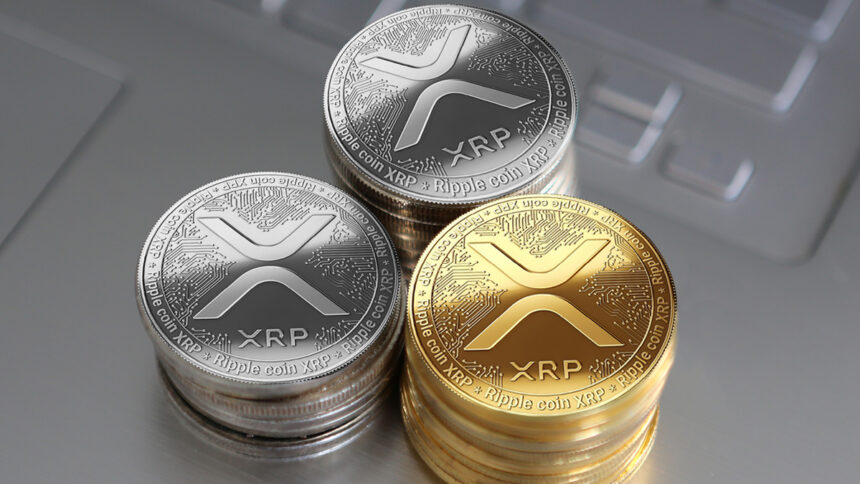Ripple  $2 has made a significant move in the crypto space by launching its RLUSD stablecoin on two trading platforms, ZeroHash and Revolut. This initiative is seen as a way to boost positive expectations surrounding the XRP ecosystem.
$2 has made a significant move in the crypto space by launching its RLUSD stablecoin on two trading platforms, ZeroHash and Revolut. This initiative is seen as a way to boost positive expectations surrounding the XRP ecosystem.
Stablecoin Transactions
ZeroHash announced that the integration of RLUSD allows its customers to conduct transactions through the XRP Ledger and Ethereum  $2,590 networks. The platform’s expanding stablecoin portfolio contributes to users’ ability to operate across various networks. This expansion reflects ZeroHash’s commitment to innovation and regulatory-compliant technology in the industry.
$2,590 networks. The platform’s expanding stablecoin portfolio contributes to users’ ability to operate across various networks. This expansion reflects ZeroHash’s commitment to innovation and regulatory-compliant technology in the industry.
Edward Woodford, the founder and CEO of ZeroHash, emphasized the importance of introducing RLUSD into the ecosystem, stating it provides customers access to innovative and regulatory-compliant technologies.
Edward Woodford: “The integration of RLUSD demonstrates ZeroHash’s determination to offer customers the most innovative and regulation-compliant stablecoin technologies.”
Additionally, it was noted that RLUSD had previously appeared on various crypto platforms, along with discussions about the general dynamics of the sector and the approach of regulators in the United States. Ripple’s recent actions indicate a diversification of different crypto platforms’ portfolios and signal market players’ inclination towards innovative technologies.
With Revolut being an immensely popular application, the incorporation of RLUSD is viewed as a crucial step for long-term growth.
US Crypto Regulations
In addition to trading platforms, Ripple remains in the spotlight regarding regulatory developments in the US crypto sector. In a CNBC interview, Ripple’s CLO Stuart Alderoty shared his insights on the changes in crypto regulations in the US. Alderoty expressed optimism that the new regulations would positively impact the industry, differing from previous conditions.
As the new SEC administration took office, it signaled an end to regulation through sanctions. This week, notable figures behind punitive regulatory measures were seen assigned to departments unrelated to crypto. Furthermore, a working group for cryptocurrency regulations was established under Hester’s leadership. The SEC is expected to conclude its non-fraud-related crypto cases soon.
In light of these developments, the use cases for digital assets in the sector are expanding, demonstrating the efforts of trading platforms to adapt to technology and the impact of regulatory reforms. This information can serve as a reference for users concerning technology, security, and legal compliance.

 Türkçe
Türkçe Español
Español










